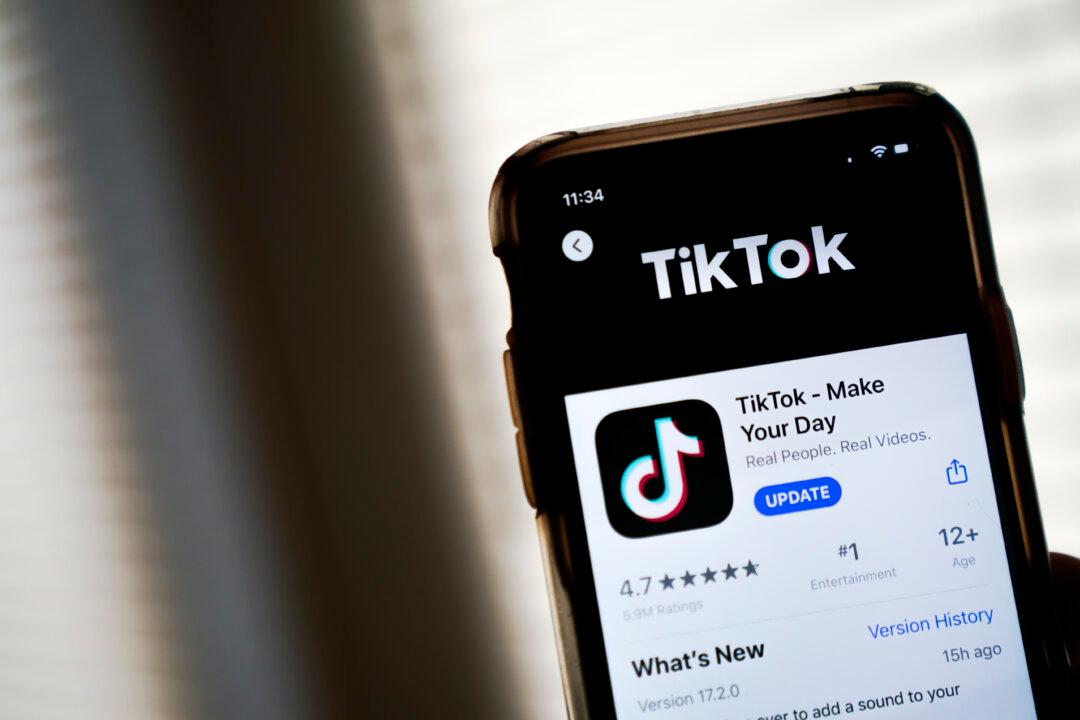The IRS has failed to comply with a federal agency ban on TikTok, according to a recent report by the Treasury Inspector General for Tax Administration (TIGTA).
In February 2023, the Office of Management and Budget (OMB) issued the “No TikTok on Government Devices” guidance for removing the video app from federal devices. Subsequently, the Federal Acquisition Regulation (FAR) was modified to mandate that government contracts include a provision prohibiting the use of TikTok during the contract period.





